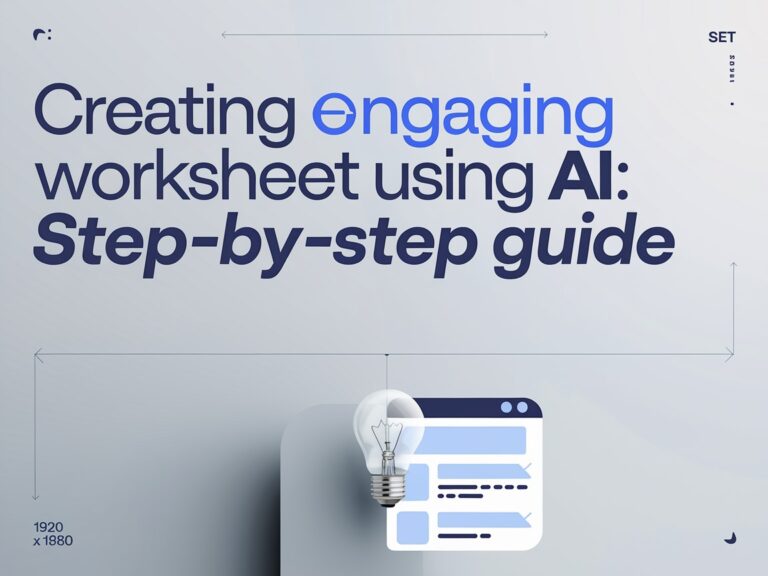The Future of AI wrappers in India: Insights from an Ex-Googler
In the rapidly evolving world of artificial intelligence (AI), India’s progress is facing significant hurdles. Gaurav Aggarwal, a former Google employee and AI expert, provides a critical perspective on these challenges. After leaving Google in 2023, Aggarwal founded Ananas Labs, an AI research firm in India, but his journey has been fraught with difficulties.

Google’s Aggarwal highlights several key issues:
- Funding Challenges: Despite the abundant capital in the market, securing investment for deep AI research remains a struggle. Aggarwal found that venture capitalists (VCs) in India are more inclined to fund startups that use pre-existing AI models developed in the West rather than supporting original, groundbreaking AI research.
- Lack of Deep AI Knowledge: The AI expertise in India is often superficial. Many AI startups in the country are merely building applications on top of existing models from companies like OpenAI, rather than developing new AI technologies from the ground up.
- VC Ecosystem’s Limitations: The VC ecosystem in India lacks the appetite for high-risk, high-reward investments that are essential for fostering deep tech innovations. Most investments are funneled into startups with immediate commercial viability rather than those with long-term research potential.
- Skill Deficit: There is a significant shortage of truly skilled AI professionals in India. According to Aggarwal, the current educational and professional environment is not producing AI experts capable of competing on a global scale.
Aggarwal’s ambition with Ananas Labs is to develop a multilingual large language model (LLM) tailored to Indian languages, addressing both cost and accuracy issues inherent in using English-centric AI models. His vision underscores the necessity for India to build its own AI infrastructure to avoid dependency on foreign technologies in the future.

Despite his efforts, Aggarwal’s experience echoes a broader sentiment expressed by AI thought leaders like OpenAI CEO Sam Altman, who previously suggested that creating an AI system like ChatGPT in India is currently unfeasible. This sentiment underscores the critical need for a shift in both funding strategies and educational focus to bolster India’s position in the global AI landscape.
As India navigates its AI journey, the insights from industry veterans like Aggarwal provide a sobering reminder of the challenges ahead. The future success of AI in India hinges on cultivating deep tech expertise, fostering an innovative ecosystem, and securing robust financial support for ambitious AI projects.






